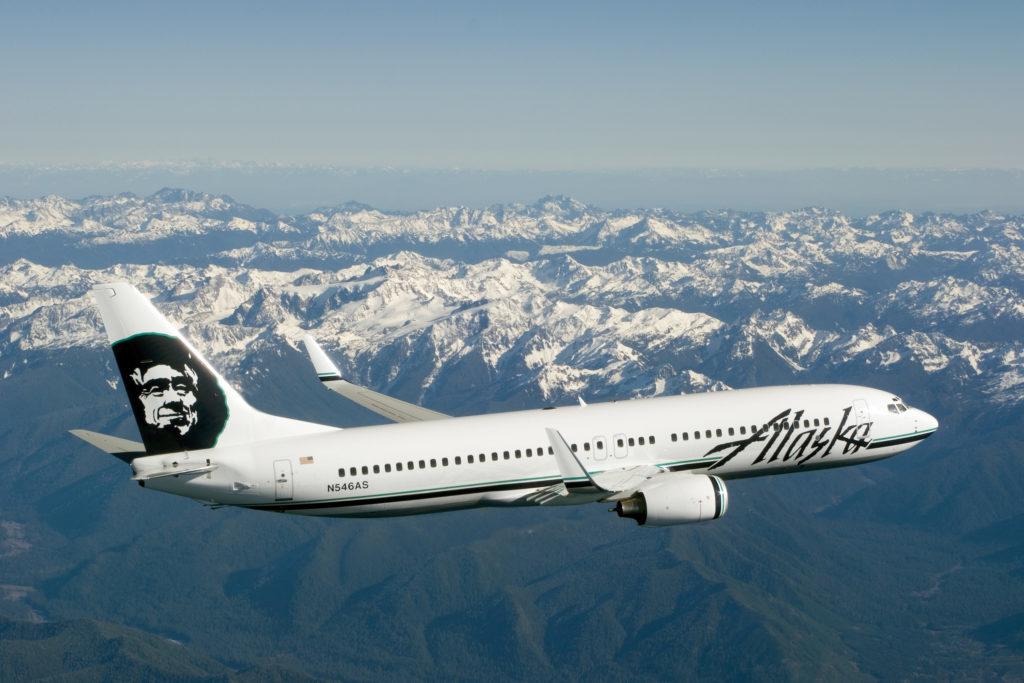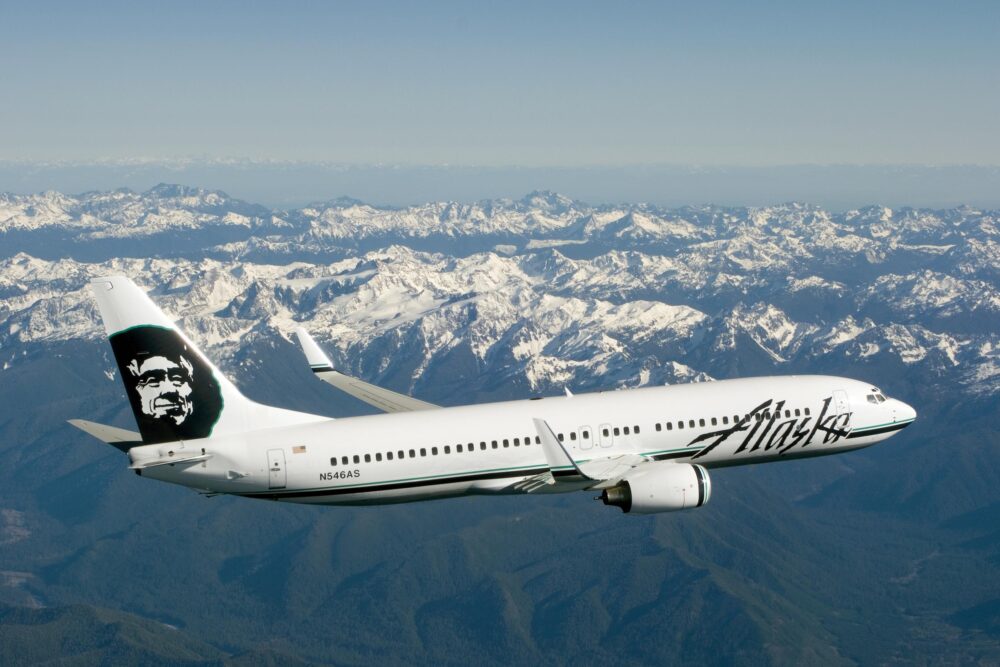Alaska Airlines Puts Limits on Buying Miles

Until recently, you could buy an unlimited number of Alaska Airlines Mileage Plan miles. Mileage Plan members are now limited to buying 150,000 miles per account, per year (Mileage Plan members with status are exempt).
If you don’t fly on Alaska or its partners and don’t have any other way to earn Mileage Plan miles, it’s now unquestionably more difficult to pursue Alaska’s most aspirational awards. However, this is also not the first time that Alaska has limited the purchase of miles. Given that mileage sales are highly profitable for Alaska, this decision could not have been made lightly.
Alaska strikes a very delicate balance with its global airline partners, most of whom are much larger and nearly all of whom also partner with Alaska’s competitors. Alaska’s partners do want the reach that Alaska can provide, particularly within the state of Alaska and within the Pacific Northwest where they are the only airline with service to many small destinations. However, Alaska just doesn’t have a ton of leverage in these relationships, particularly given the competition they are now seeing in many of their former monopoly markets.
A partnership usually (though not always) grants Mileage Plan members access to other airlines’ award inventory. In some cases, the access is only grudgingly available (for example, Alaska has access to one fewer seat in each premium cabin on Cathay Pacific than other award programs; contracts further seem to prohibit Alaska from displaying Cathay Pacific award inventory online although the reverse is not true). In return, partner airlines’ frequent flier program members can redeem their points for award seats on Alaska Airlines (although with many partners, it’s likely that few tickets are redeemed).
Mileage purchases have frequently been a point of friction between Alaska and its partners and may have led to adverse consequences for partner redemptions. After the use of Alaska miles for Emirates first class awards became highly publicized, Emirates suddenly blocked premium cabin availability. Shortly thereafter, Alaska abruptly devalued their award chart, nearly doubling the cost of Emirates awards in premium cabins. While Alaska wouldn’t comment, it’s widely rumored that this was done because Emirates threatened to sever the partnership.
This wasn’t the first such incident, either. Not long before the Emirates incident, Alaska entirely barred Australians from purchasing Mileage Plan miles. Qantas has relatively generous intra-Australia award availability in premium cabins, and Australians were snapping up Mileage Plan miles to—in effect—purchase these seats at a steep discount. While Qantas didn’t take any obvious retaliatory action at the time, it’s clear that they asked Alaska to knock it off.
Alaska itself has been a victim of runaway mileage sales. Icelandair has, on two separate occasions, been an Alaska partner—with an awkward break. The first time around, Icelandair had a very generous partner award chart for Alaska Airlines first class flights. Needing cash, in a period leading up to the Iceland financial crisis, they started selling miles at fire-sale prices. This (predictably) led to a mad rush on Alaska’s award inventory, to the point where Alaska ended the partnership. A couple of years later, Icelandair was a partner again—with a devalued chart, and without cheap unlimited mileage sales. More recently, American pulled virtually all of its domestic award inventory, pushing its own AAdvantage members to redeem their miles for Alaska flights. This created an imbalance so significant that it was the partial subject of a quarterly earnings call between Alaska and Wall Street analysts.
Ultimately, airlines do want the revenue from mileage sales, but they need to avoid throwing their partnerships out of balance. It isn’t a problem for Southwest to sell an unlimited number of miles; they don’t have any partners! However, it is potentially a big problem for an airline like Alaska if it threatens their partnerships. Partners such as JAL and Cathay Pacific just don’t absorb a lot of award inventory on Alaska. It obviously can’t work for an airline like Cathay Pacific for Alaska to be absorbing award inventory well out of proportion to its size (and well out of proportion to what Cathay Pacific’s members redeem on Alaska flights). Why do I bring up Cathay Pacific? Along with Alaska’s other Asian partners, there has been a massive amount of fraud involving Cathay Pacific flights to and from mainland China. Alaska Airlines and British Airways have both recently limited close-in, intra-Asia redemptions of Cathay Pacific award flights in response to this.
In this case, Alaska seems to be attempting to strike a balance. They are exempting their own Mileage Plan members with MVP status or above (e.g. people who spend real money, and do a lot of flying, on Alaska and its partners) from the limitations. Alaska is still offering bonuses on purchased miles as well. And everyone can still buy enough miles to fly a single roundtrip in a premium cabin on the majority of Alaska’s best partners. Life will, however, get more difficult for mileage brokers selling gray market award tickets. And this is probably a good thing.
In my view, this is a necessary step to ensure that Alaska can maintain access to a premium slate of quality airline partners for its core Mileage Plan members. I’m convinced that this is why Alaska doesn’t partner with bank programs offering transferable points; doing so would throw the entire program out of balance. Alaska is a small airline with some heavy hitters as partners, and still needs to behave accordingly.
Does the limit on purchased Alaska miles affect you?























Good post well written. It does appear that AS is attempting to balance it out yet allow us FF's to be exempt. What they did do last year without an announcing it stopping the purchase of additional points when purchasing a ticket, that was a great deal. But good things never last forever.